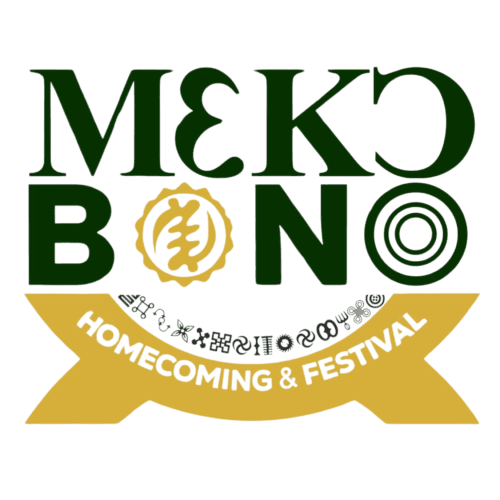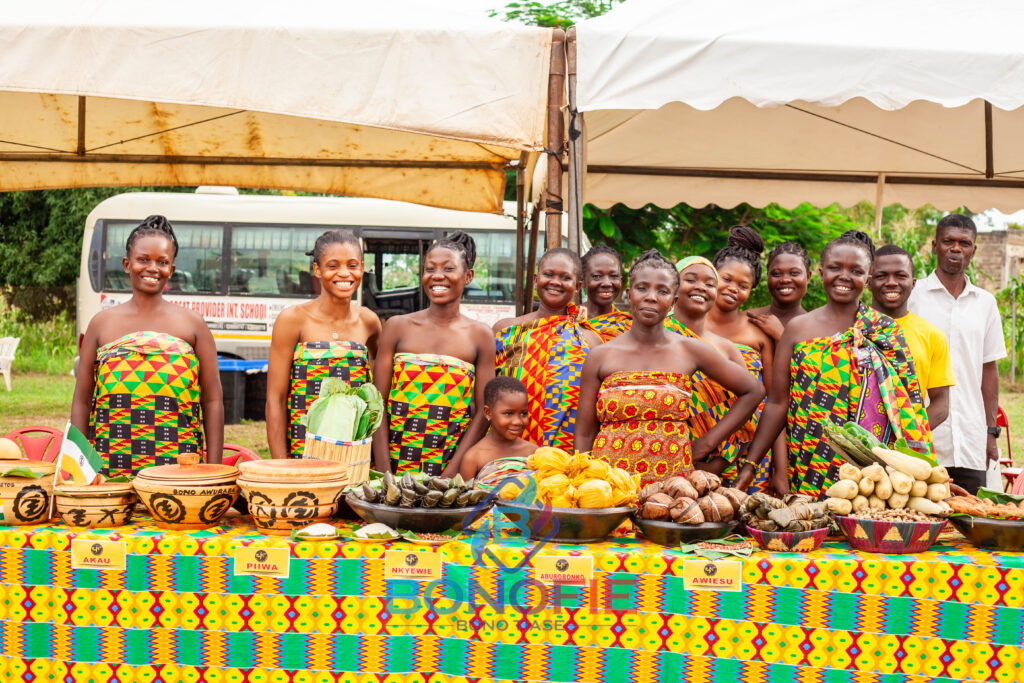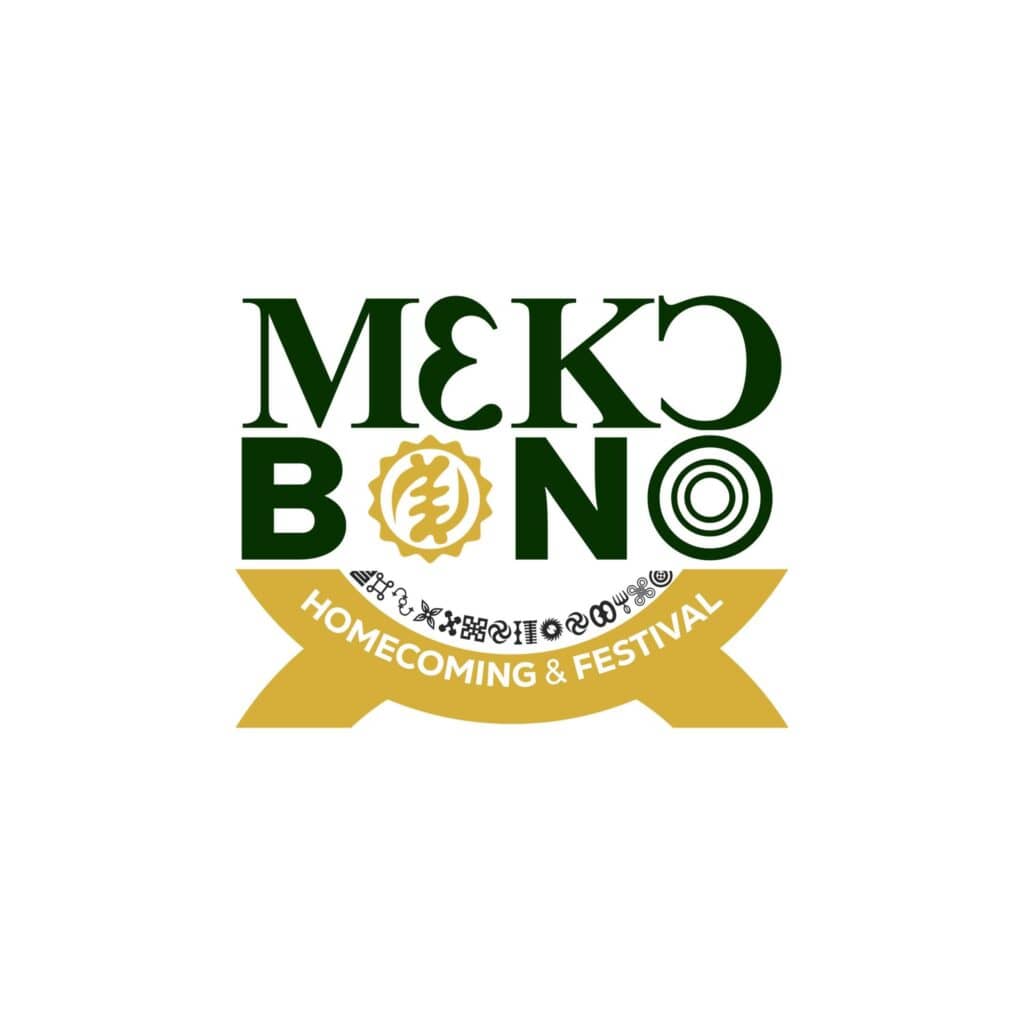The Meko Bono Festival, a vibrant celebration in Ghana’s Bono Region, is not just a feast for the eyes and ears but also a tantalizing adventure for the taste buds. This annual event showcases the rich culinary heritage of the Bono people, offering visitors a unique opportunity to savor traditional flavors and experience the region’s food culture firsthand.
A Taste of Tradition: Bono Cuisine
Bono cuisine is a reflection of the region’s fertile lands and agricultural abundance. Rooted in centuries-old traditions, it features a variety of starchy staples, flavorful soups, and hearty stews. The use of local ingredients like yams, plantains, and cassava forms the foundation of many dishes, while palm oil, peanuts, and a variety of spices add depth and complexity to the flavors.
Festival Favorites: Signature Dishes
During the Meko Bono Festival, certain dishes take center stage, becoming the stars of the culinary show:
- Fufu with Abunuabunu Soup: A beloved staple, fufu (pounded cassava and plantain) is paired with a rich, spicy soup made from palm nut extract and assorted meats.
- Tuo Zaafi: This northern Ghanaian dish has found its way into Bono hearts. It’s a thick, smooth porridge made from millet or corn flour, served with ayoyo leaf soup.
- Konkonte: Another cassava-based dish, konkonte is served with groundnut soup, offering a unique texture and flavor combination.
- Mpotompoto: A yam porridge that’s both comforting and nutritious, often prepared with smoked fish or meat.
These dishes not only satisfy hunger but also serve as a gateway to understanding Bono culture and history.
Food as Cultural Expression
In Bono tradition, food is more than sustenance; it’s a form of cultural expression and social bonding. The Meko Bono Festival highlights this aspect through communal cooking and eating practices. Visitors can witness how food preparation becomes a social activity, with different generations working together to create meals.
The festival also features rituals and ceremonies where food plays a central role, demonstrating its significance in Bono spiritual and social life.
Hands-On Experience: Recipes and Demonstrations
One of the festival’s highlights is the opportunity for visitors to learn how to prepare traditional Bono dishes. Local chefs and home cooks offer cooking demonstrations, sharing time-honored recipes and techniques. Here’s a simple recipe for Mpotompoto that festival-goers might learn:
- Peel and cube yams
- Boil yams with salt, onions, and smoked fish or meat
- Mash some of the yam to thicken the broth
- Add palm oil
- Simmer until the leaves are tender
- Serve hot, often with a pepper sauce on the side
These interactive sessions not only teach cooking skills but also foster a deeper appreciation for Bono culinary traditions.
Promoting Local Ingredients and Sustainability
The Meko Bono Festival serves as a platform to showcase and promote local ingredients. Farmers and producers from across the region display their harvests, introducing visitors to indigenous crops and traditional farming methods.
This focus on local produce not only supports the regional economy but also promotes sustainable food practices. The festival encourages the use of seasonal, locally-sourced ingredients, highlighting the environmental benefits of traditional Bono cuisine.
By celebrating these local flavors, the Meko Bono Festival not only preserves culinary traditions but also ensures their relevance in contemporary times. It’s a delicious reminder of the power of food to connect us to our roots and to each other, making the festival a true feast for all senses.



